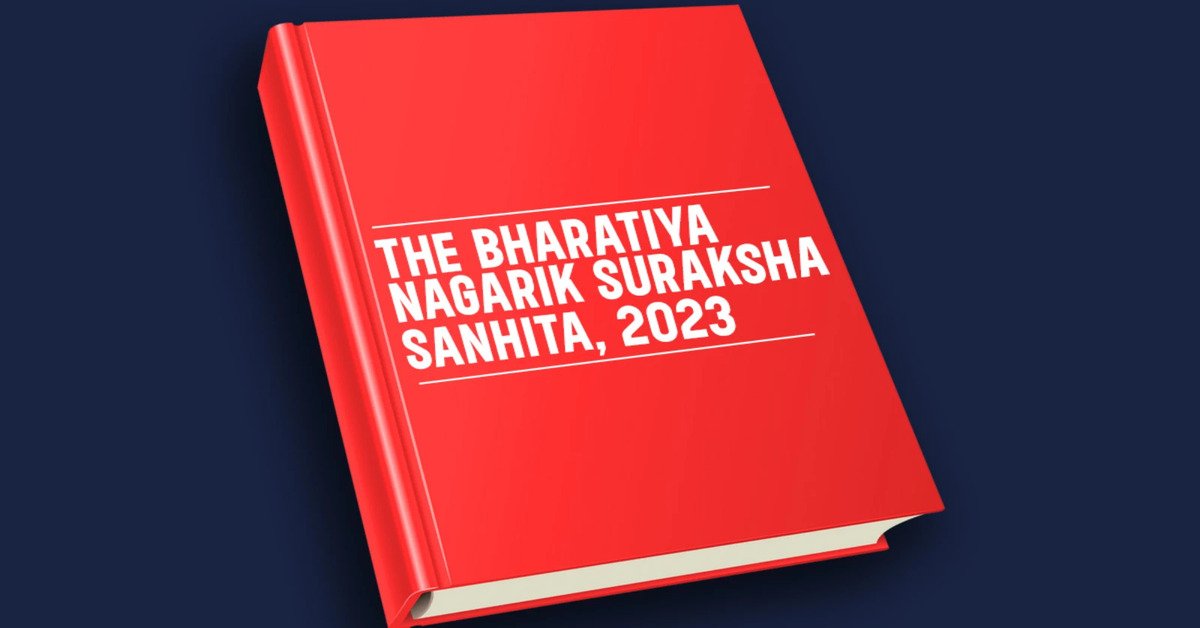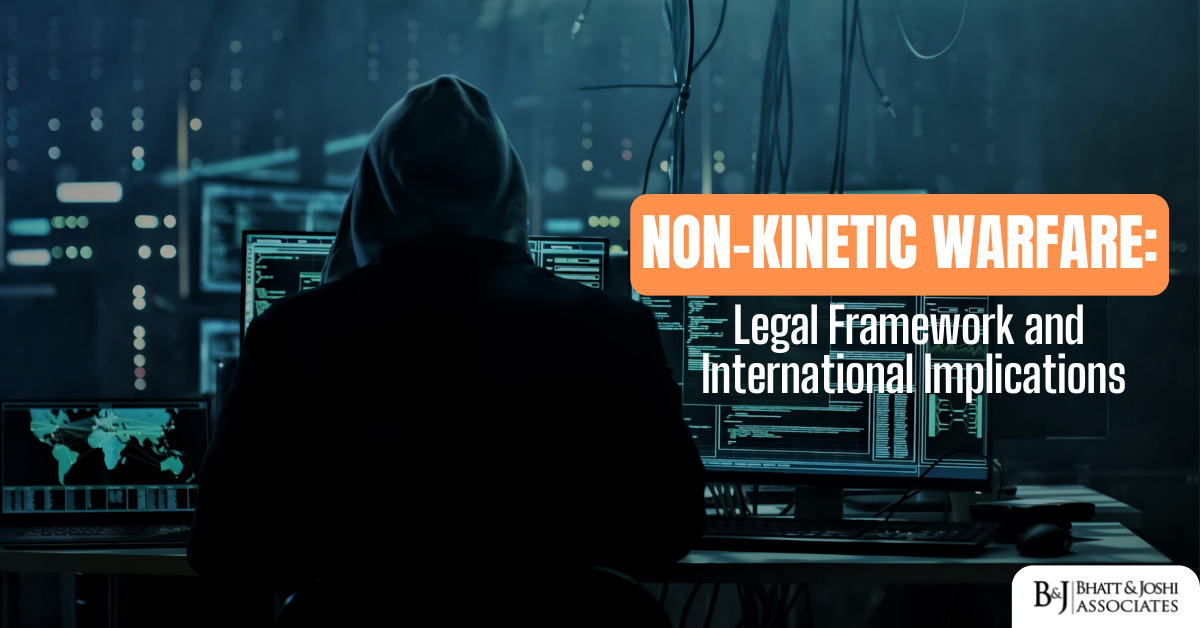Introduction to BNSS: Transforming Bail Provisions
The Bharatiya Nagarik Suraksha Sanhita (BNSS), also known as the New CrPC, is a significant reform in the Indian legal system. It introduces several changes to the existing Criminal Procedure Code (CrPC), aiming to make the legal process more efficient and transparent. This article will focus on the changes made in the bail provisions under the BNSS.
Definitions of Bail, Bail Bond, and Bond
One of the key changes in the BNSS is the introduction of definitions for the terms “bail”, “bail bond”, and “bond”. These terms were not explicitly defined in the CrPC, leading to ambiguity. The BNSS provides clarity by defining these terms in Section 2:
- Bail: Defined as the release of a person accused of or suspected of the commission of an offense from the custody of law upon certain conditions imposed by an officer or Court on execution by such person of a bond or a bail bond.
- Bail Bond: Defined as an undertaking for release with surety.
- Bond: Defined as a personal bond or an undertaking for release without surety.
Changes for Undertrial Prisoners
The BNSS has introduced significant changes concerning undertrial prisoners. These changes include:
- Early Release of First-Time Offenders: The new law allows for the early release of first-time offenders who have spent up to one-third of their sentence as an undertrial prisoner.
- Denial of Bail for Multiple Pending Cases: The new law denies bail to undertrial prisoners if an investigation, inquiry, or trial in more than one offense or multiple cases is pending against a person.
These changes aim to balance the rights of the accused with the need for an effective legal process.
Conclusion: Bail Provisions under the BNSS
This article provided an overview of the changes in bail provisions under the BNSS. The introduction of clear definitions and changes to the treatment of undertrial prisoners represent significant shifts in the legal process. In the next article, we will delve deeper into the changes in the regular bail provision under the BNSS. Stay tuned for more insights into this important legal reform.














